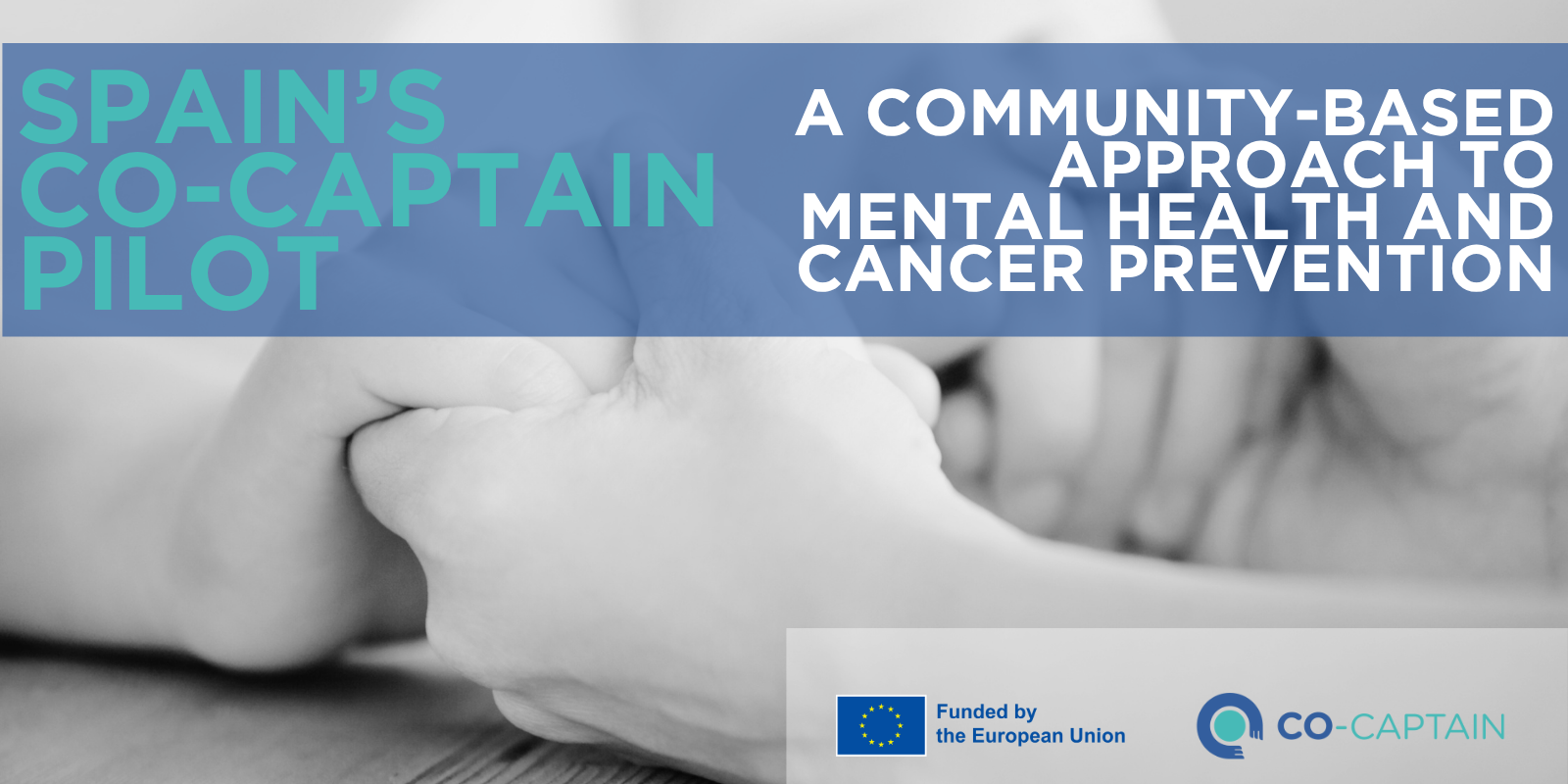As part of the EU-funded CO-CAPTAIN project, the Community of Madrid is leading one of the four national pilots aimed at improving access to cancer prevention for people experiencing severe and long-term mental ill-health. The Spanish pilot is implemented through the region’s Social Care Network for People with Severe and Long-Term Mental Illness, coordinated by the Directorate-General for Social Services and Integration (DGSSI) within the Council of Family, Youth and Social Affairs.
With more than 7,000 places and over 120 specialized centres, this public network is one of the largest and most comprehensive in Spain. It provides care and support services across psychosocial rehabilitation, housing, employment, and community integration—making it a uniquely well-positioned ecosystem for piloting a person-centred navigation model.
Where is the pilot taking place?
The intervention is being implemented across five centres in Madrid and Getafe, including Psychosocial Rehabilitation Centres, Labour Rehabilitation Centres, and Residential Facilities. These centres have been selected for their strong engagement with both users and professionals, ensuring the pilot is grounded in real needs and real contexts.
Local implementation and results so far
In the current phase, 75 participants have taken part in the intervention, with the vast majority having reached T2 (58 individuals) and a small group already completing follow-up at T3. With 75 participants completing T0, the Spanish team has achieved an outstanding recruitment rate of 96.15% — reflecting strong user engagement and the trust built within the Social Care Network.
Workshops have covered key health and lifestyle topics, including healthy habits, nutrition, emotional regulation, harm reduction, and physical exercise. These sessions were delivered by trained Patient Navigators using participatory methodologies adapted to the specific needs of the population.
Innovative structure and approach
Spain’s pilot stands out for its dual-team model of Patient Navigators: one group focused on data collection (quantitative and qualitative), and another on delivering person-centred, group-based prevention content. This structure has allowed the pilot to balance scientific rigour with relational care and support.
With the intervention now reaching its follow-up stages, the Spanish team continues to provide meaningful support to participants, while also generating important learnings for the integration of cancer prevention and mental health systems at scale.







